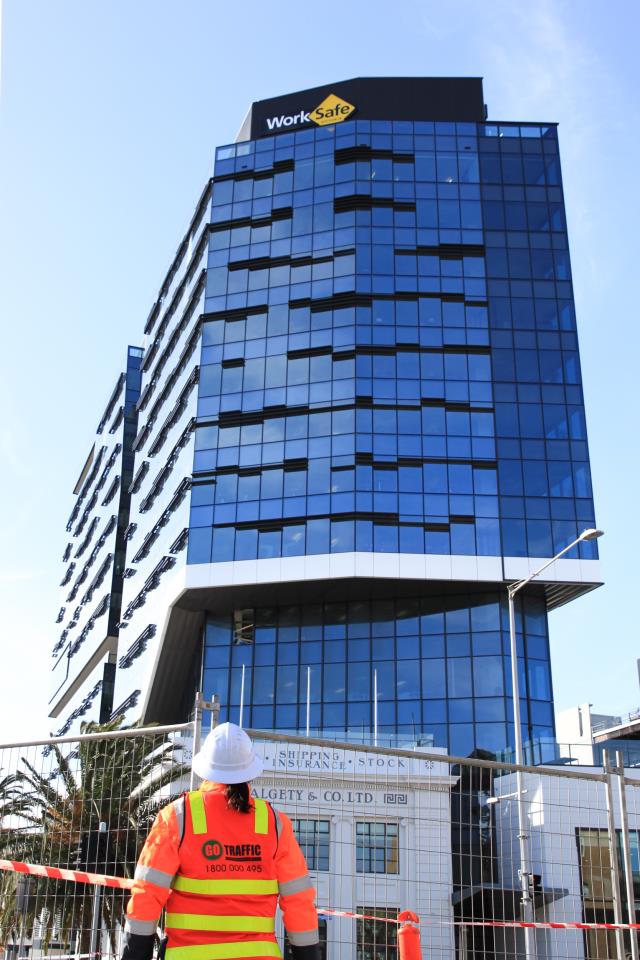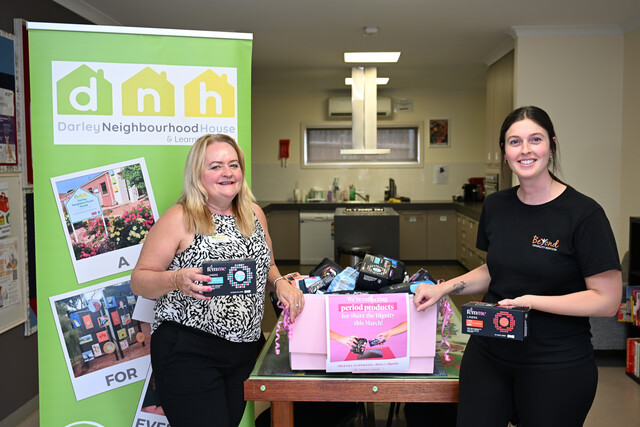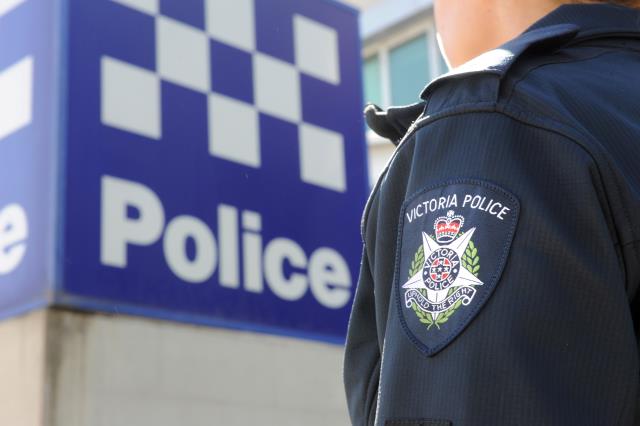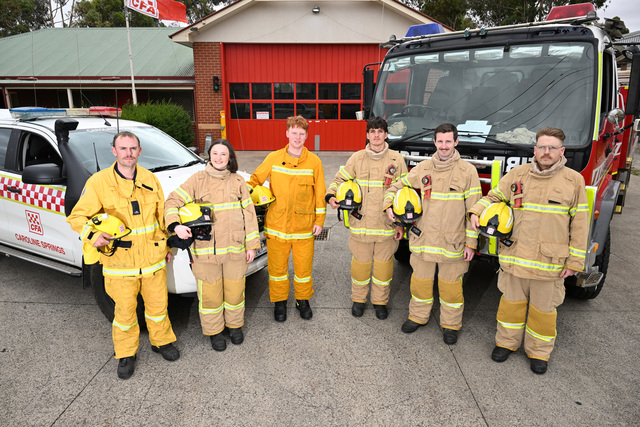Preventing family violence means acknowledging it is gender-based, according to Melton council.
In its submission to the Royal Commission into Family Violence, the council states: “that unequal power relations between men and women are key determinants of violence against women and exist in broader community settings, other than family settings alone, including the workplace, sports clubs, friendship circles, places of worship.”
The submission urges a key role for local government and more investment in frontline services, in particular community legal centres, which have “strong partnerships with Victoria Police, service providers and the private sector”.
The submission went before last week’s council meeting, with community services general manager Maurie Heaney saying that domestic violence “is the leading cause of illness, death and disability” for Victorian women aged between 15 and 44 years.
Melton had the highest number of reported domestic violence incidences (1166.1 incidents per 100,000 people) in the western suburbs in the year to July, 2012.
And, according to the latest police corporate statistics, in the north-west metropolitan region, there were more than 15,000 reported domestic violence call-outs in the year to July, 2012. This accounted for 30.8 per cent of the reported domestic violence incidents for Victoria.
“[Council recommends] funding the primary prevention sector, using local government as a key setting to expand work to prevent violence against women,” the council report states.
“Gender equity is an important social justice goal. The concept recognises that within all communities, women and men have different benefits, access to power, resources and responsibilities.
“Gender equity is the process of being fair to women and men by recognising diversity and disadvantage and directing resources and services.
“To create equity between men and women through respectful family relationships, power imbalances in all community settings must be addressed and achieved.”
Women who have a disability have also been identified as a priority group for preventing violence against women.
Melton council has also contributed to submissions prepared by the Municipal Association of Victoria, Preventing Violence Together Partnership (led by Women’s Health West), and the interface councils. Submissions to the Royal Commission closed last Friday.

















